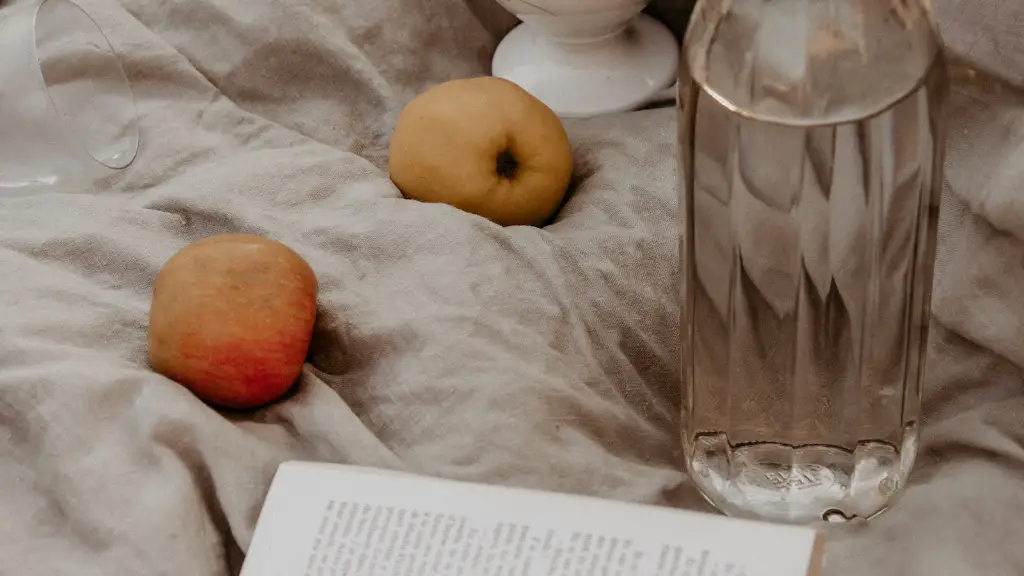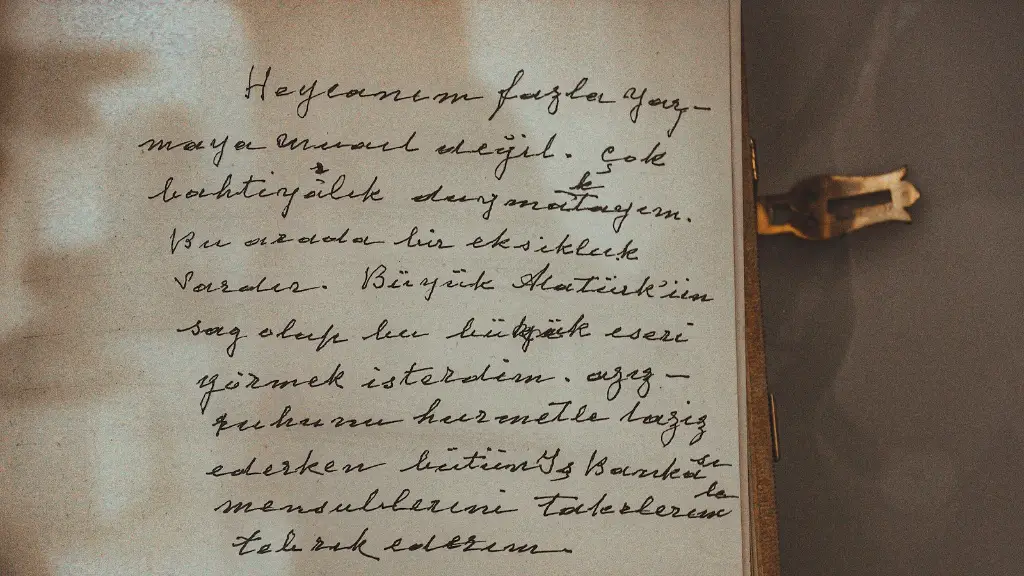Benefits of Writing Poetry
Writing poetry has been a creative outlet for centuries. It is a great way to express yourself and to explore the depths of your emotions, thoughts, and opinions. It allows your mind to wander freely and create poetic verse that perhaps could not be expressed in another format. The benefits of writing poetry range from improving literacy, creative writing, and critical thinking skills to helping with mental health issues such as anxiety and depression.
Developing Poetic Skills
Writing poetry can be a great way to hone in on your writing skills. As you practice writing different forms of poetry, you’ll begin to develop a wider range of literary techniques. Poetry can help you increase your vocabulary, write more clearly and expressively, and even begin to explore different forms of writing such as free-verse and sonnets. It can also help you appreciate literary devices such as metaphors and imagery, and the beauty of language.
Cultivating a Creative Mind
Writing poetry is an effective way to nurture your creativity. You can experiment and explore both your inner thoughts and the world around you to create something entirely new. You can ask yourself questions such as: what do I feel? What am I trying to convey? And what do I want to achieve? This type of inquisitiveness allows your mind to think more freely and to brainstorm ideas in a new way. Furthermore, creative writing can be a great way to relieve stress and allow you to express your feelings.
Rhetorical Devices
The employ of various rhetorical devices can help to enhance the effectiveness of your writing. One great way to do this is by applying techniques such as alliteration, assonance, and rhyme to your work. These techniques can give your work the extra depth and will help engage the readers and create atmosphere. Furthermore, understanding the use of rhetorical devices can assist you in understanding other forms of writing, such as literature.
Reflection and Perspective
Writing poetry is also a great way to explore and reflect on your life and the world around you. It can provide a channel to express feelings from the comfort of your own home, as well as connect to other poets and authors around the world. Poetry can help to provide different views and perspectives on the world, and ultimately help you gain a better understanding of not only yourself, but others too.
Overcoming Challenges
Like any form of writing or creative work, writing poetry can be a challenge. Learning to structure your thoughts, control flow and develop ideas can take some time, but when approached in the right way can be both rewarding and enjoyable. It is important to remember that poetry is a form of self-expression and is ultimately up to individual interpretation, so don’t be scared to experiment or be creative.
Finding Inspiration
Inspiration is a great way to kick-start a poem. Whether you take inspiration from literature, paintings, music, or nature, it is important that you are passionate about the subject you are writing about. In addition, it can be helpful to read a variety of poetry, ranging from the classics to contemporary works so that you can gain a better understanding of the form.
Getting Started
There are lots of different ways to start writing a poem; the most important one being to simply begin writing. Don’t worry about where your poem is going, it is better stay focused on getting your ideas onto the page and worry about structure after. As you begin writing your poem, it may be helpful to think about how you want it to sound, so that you can structure accordingly; use words that can be read aloud, and be mindful of line breaks and rhymes.
Developing Structure
Creating the right structure for your poem is an important step. Firstly it is important to decide which type of poem you are writing and the amount of stanzas you wish to use; this may depend on the subject matter as well as the length of the poem. It is also a good idea to think of the pace of your poem; perhaps use slow words, or powerful words to generate the desired feelings and atmosphere within your poem.
Making It Your Own
Another important element to consider is to make sure the poem reflects your personality. The best way to do this is to bring in your own language style; the vary of words you are using, the sentence structure and the amount of vocabulary involved should all reflect your unique writing style. It is important to remember that the poem should have a certain uniqueness and also have the capacity to move and emotionally engage the reader.
Editing Fine Details
Once the poem is finished, it becomes important to review the finer details. Does the structure make sense? Are the rhymes fitting in? Is the poem conveying the message appropriately? These are all questions that need to be addressed whilst editing the poem. It is also important to ensure the poem is free of any spelling and grammar mistakes.
Encouraging Improvement
Poetry can take time to master; therefore it is important to encourage yourself and keep writing. Use techniques such as brainstorming to brainstorm and generate new ideas or reading poetry to help you gain inspiration. It is also important to seek to gain the opinion and advice of others, so join poetry writing workshops and discuss the ideas of similar poets.



